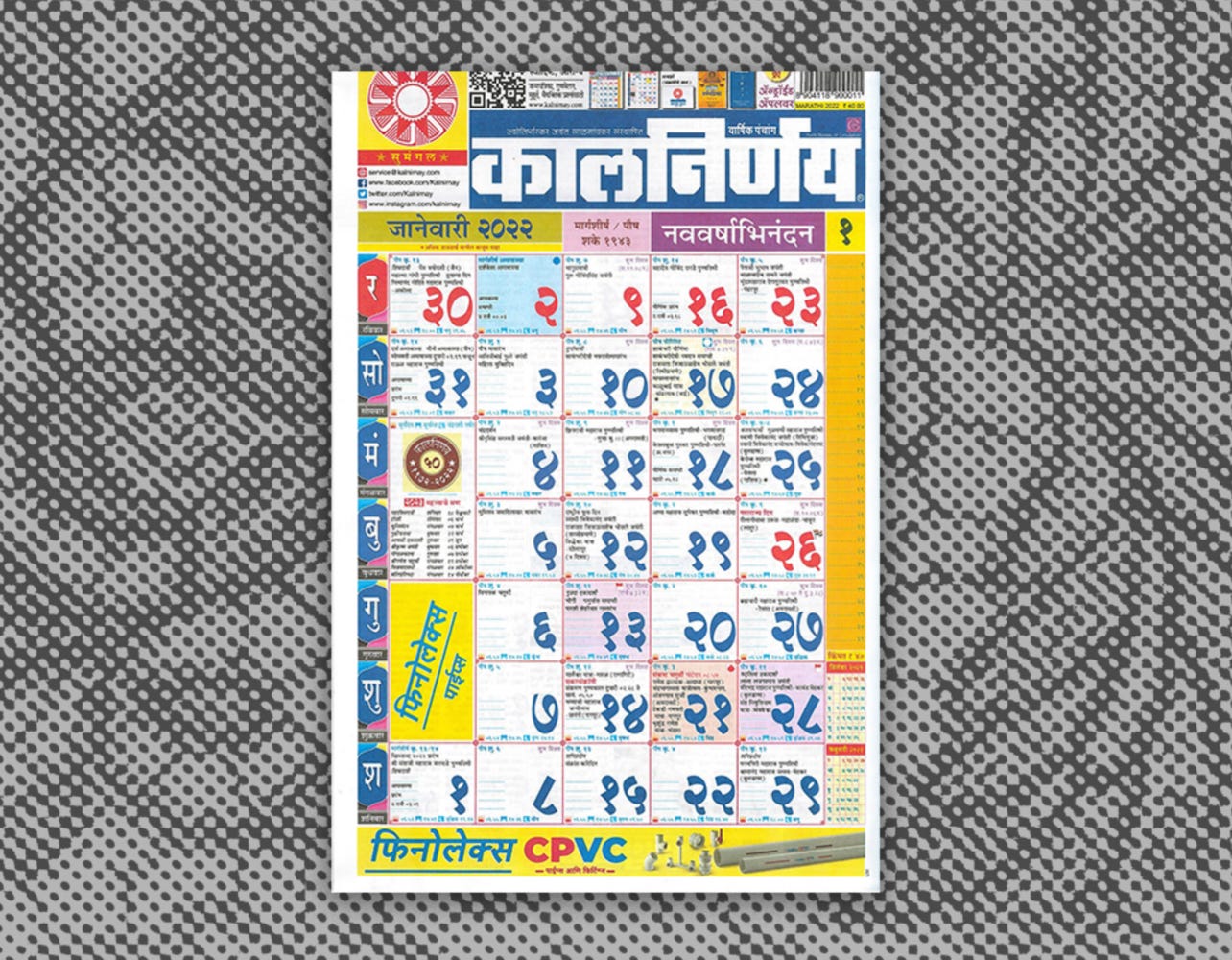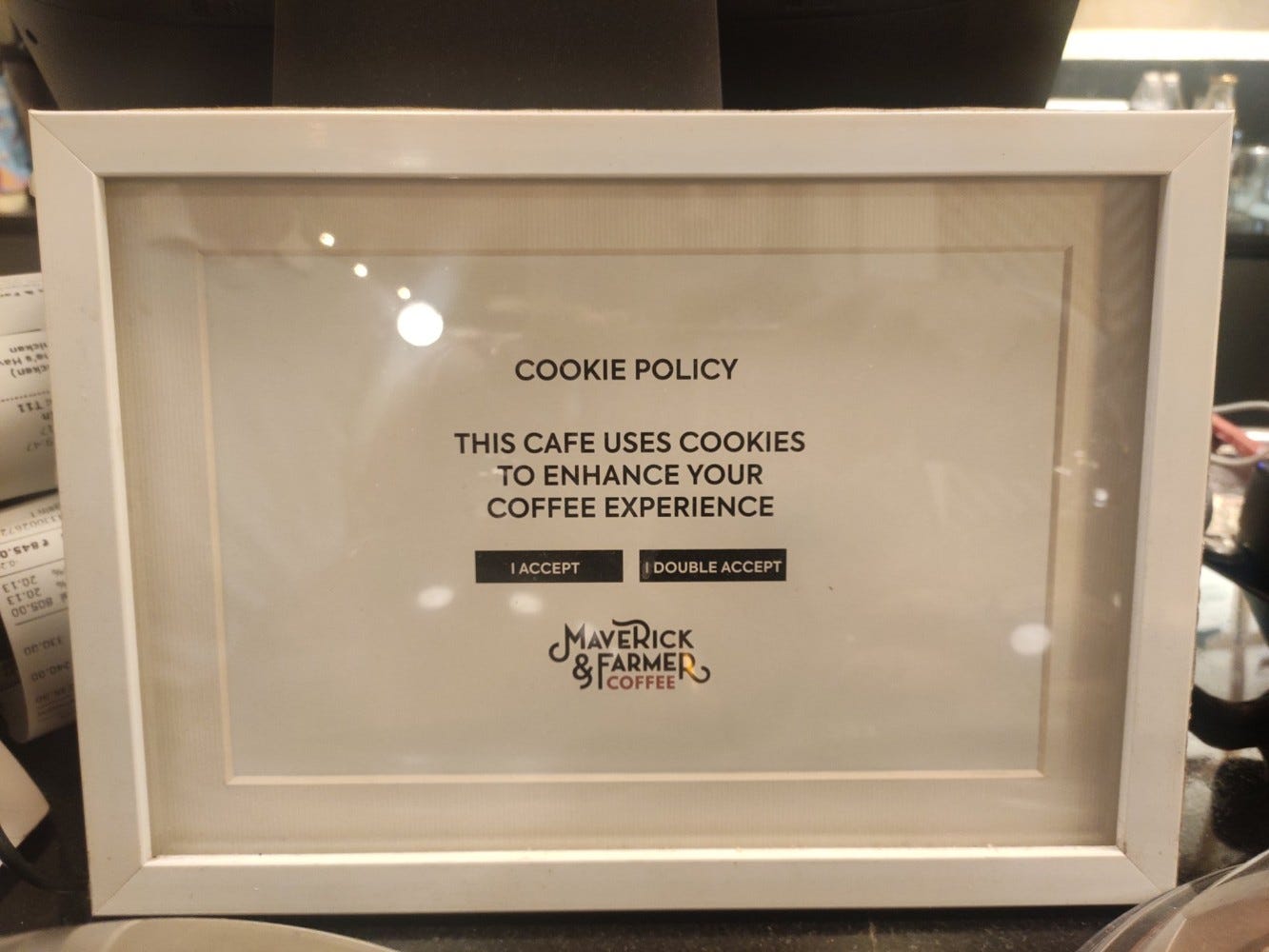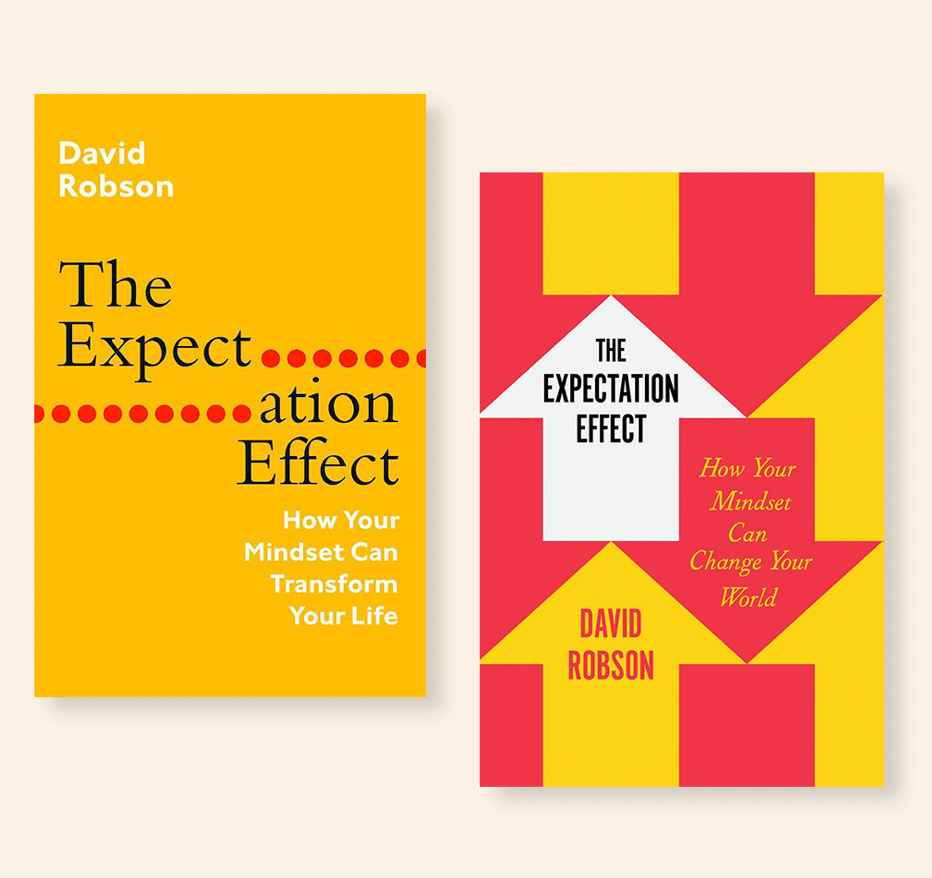The Curious Corner / Issue #4
A small stroll down the lanes of design, typography, comedy, burnout culture and copywriting in this week's issue of my newsletter.
Rains, meandering thoughts, a new found appreciation for sunlight and some cozy reads - that’s how the last week was for me. I hope you’ve had a good week and once again, thanks for being a subscriber to this newsletter.
Here are the reads that caught my attention this week -
I have a keen interest in the intersection of culture and design. It is fascinating how routinely overlooked factors shape so much of our cultural landscape. Like a particular style of typography that took over a big chunk of the media landscape in India in the 70s. Kamal Shedge's designs for theatre and film have inspired generations. This was a beautiful read about his legacy and contribution to design.
Ultimately, one of the mightiest tools in Shedge’s artistic arsenal was his innate understanding of the beauty of alphabets and characters. With a sharp swipe of his pen, the Indian designer and lettering artist — who, over his decades-long career came to be known for his work with Devanagari typography — could create words that hinted at a range of ideas and emotions.
The rise and rise of Minions - the animated movie franchise that is breaking records - is so delightful to witness. The Minions are so different from the other animated options out there and their success tells us a lot about what we value and what is missing in our comedic experiences. If you haven't yet, I would strongly recommend watching Rise Of Gru (out in theatres now!). If you have, you will enjoy this read decoding the popularity of these adorable yellow creatures more.
Inheriting the traditions of silent-era comedy makes “Minions” and “Rise of Gru” clearer and more distilled than your typical animated family films. There’s a purity to the form that feels like an antidote to the jocular, irony-laden humor that dominates elsewhere, from the mildly raunchy punch lines of “Shrek” to the irreverent, winking banter that clogs Marvel movies.
One word that I heard and read increasingly since 2020 has to be - burnout. It's as if the pandemic made all surrounding factors around this phenomenon worse. We thought 2022 would be the year of recovery, about people being able to bring yourself back from the brink of burnout and exhaustion. But it seems things have become worse - there are layoffs happening across sectors, mental health seems to have gone for a toss and many are now facing difficult work conditions. So why don't we talk about it more? This read explores how to talk about and approach burnout.
The modern concept of burnout began making waves in 2019 when the World Health Organisation officially included the phenomenon in the International Classification of Diseases. Later that year, an article by journalist Anne Helen Petersen about workplace burnout amongst millennials went viral, and, truthfully, we couldn't stop thinking about it — and that was before we faced a global pandemic.
One interesting thing that is happening because of elder people getting access to technology has been them challenging ideas about old age. Called 'granfluencers' - there is a whole tribe of elder men and women who are reclaiming their narrative. Instead of conforming to age-old stereotypes, they are giving us am glimpse into their lives and injecting their own dose of fun and curiosity. Really enjoyed this read on older tik-tokers. Not just a powerful demographic, senior citizens are more than meets the eye.
But those wishing to dispel negative stereotypes of older age have already started a social media revolution on Tiktok’s popular video platform. Smart, funny and generally geared towards youngsters, 41% of TikTok users are under 24 – but around 14.5% of users are over 50.
Copywriting is both delightful and powerful. A witty, well-framed sentence can stay with you for a long time. This line from Marverick & Farmer cafe in Bengaluru is what caught my fancy this week. It was shared by Sidika Sehgal on Twitter and made me chuckle. Marketing does not always need to be elaborate. Sometimes the smallest things make a large impact. This is the line in question -
As usual, a couple of quotes to end this week's newsletter with -
“Most of the time the universe speaks to us very quietly in pockets of silence, in coincidences, in nature, in forgotten memories, in the shape of clouds, in moments of solitude, in small tugs at our hearts."
- Yumi Sakugawa
“We try more to profit from always remembering the obvious than from grasping the esoteric. It is remarkable how much long-term advantage people like us have gotten by trying to be consistently not stupid, instead of trying to be very intelligent.”
— Charlie Munger
Lastly, I finished reading the very insightful The Expectation Effect: How Your Mindset Can Transform Your Life by science writer David Robson. A powerful read on how your mindset and beliefs shape so much more than you know. The psychology behind placebo and nocebo, and how you can use many of these tricks to give your mental and physical self a boost. If you want to read more about how your expectations shape your experiences, this book is for you.
That's it for this week. Hope you enjoy these reads.
Stay curious, stay safe! Have a great weekend.



